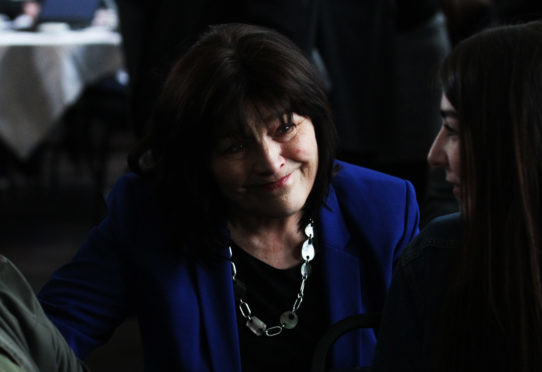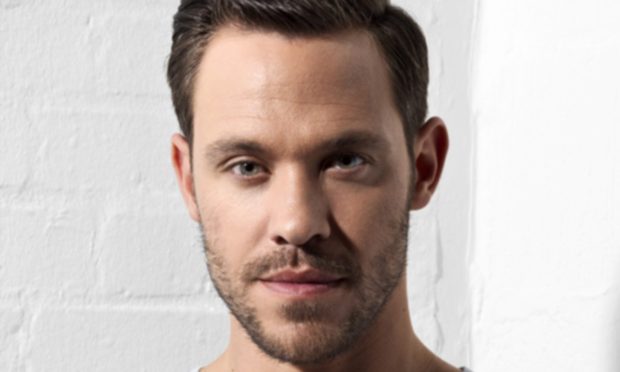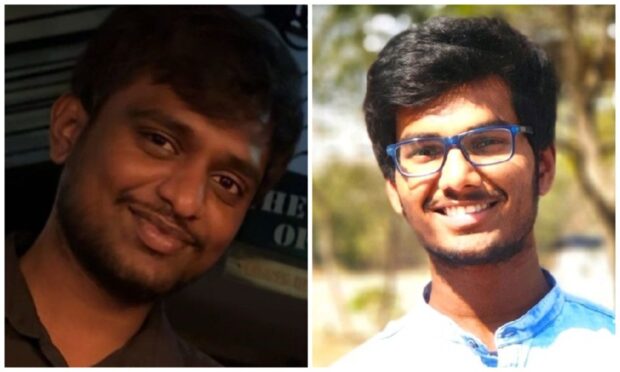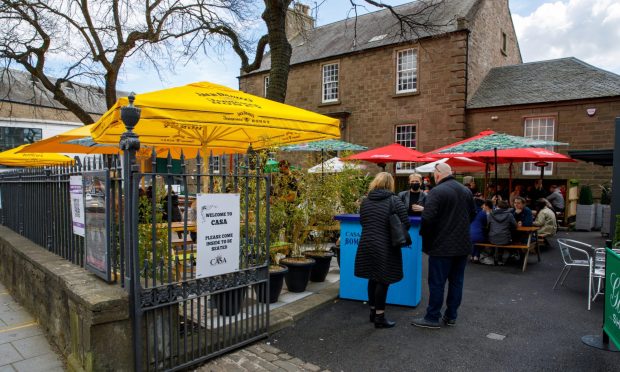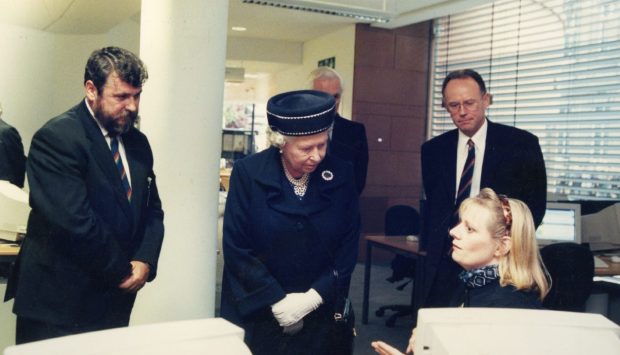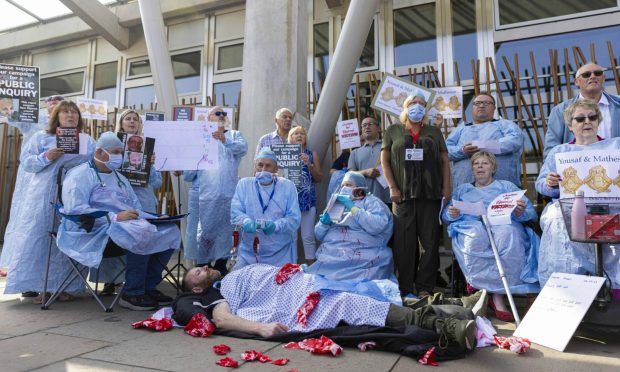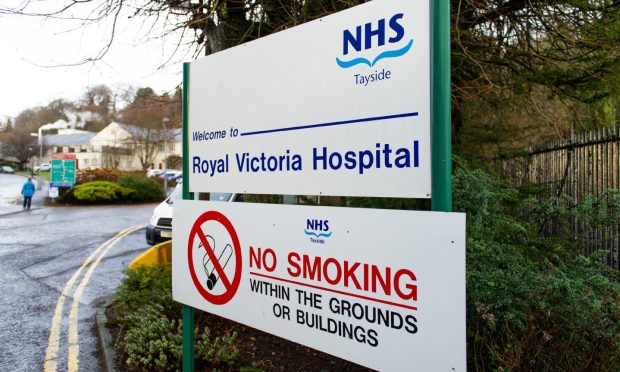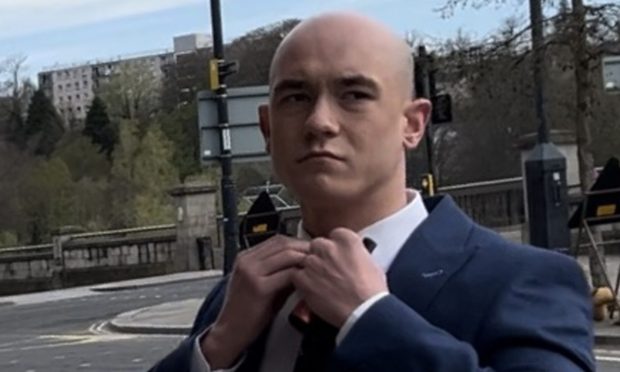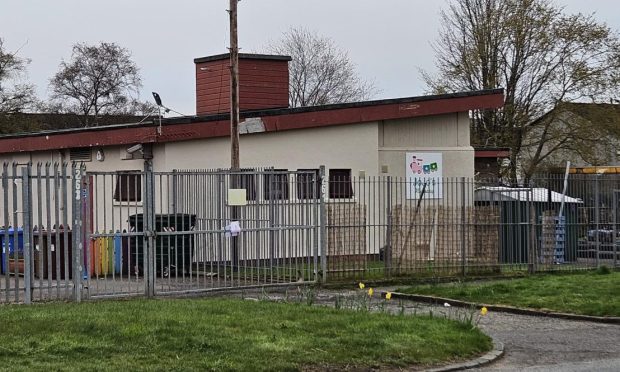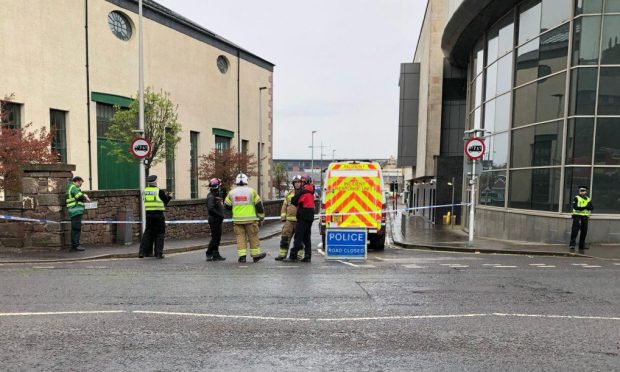Sometime before the independence referendum in 2014, a friend asked me if newspapers were given a list of stories knocking the SNP each day.
Had I my wits about me — it was late in the evening and a sophisticated amount of drinking had occurred — I’d have said something clever, like Unionist stooge Ben Fogle sent round an email each morning after communing with the spirits of Margaret Thatcher and Butcher Cumberland.
Sadly, I came up with something much more mundane: the truth, that most reporting on the campaign trail was responsive and as the Yes campaign was putting forward the proposition that independence would be best for Scotland, its claims would, inevitably, be scrutinised by newspapers and opposition parties.
So, for example, when former First Minister Alex Salmond said Scotland would be able to declare itself an independent nation in March 2016, just 18 months after the vote, asking if this was really possible wasn’t inherent anti-SNP bias, but a legitimate response to an unsubstantiated claim.
Timescales sprang to mind again this week when SNP politicians reacted with a fair amount of wailing and gnashing of teeth when social security minister Jeane Freeman’s triumphant march into Dundee was not reported with the deference it deserved.
Six months ago First Minister Nicola Sturgeon announced the headquarters of the new Scottish Social Security agency would be shared between Dundee and Glasgow, creating around 750 jobs here in the process.
This is undoubtedly good news for the city and was reported as such at the time.
Last week, Ms Freeman arrived in Dundee to announce that recruitment for the first 80 posts was about to begin.
Unfortunately when Ms Freeman was asked where these jobs would be based she was unable to give an answer, although the Scottish Government hopes to announce an “interim” location soon.
The cynical among you may wonder how the apparatus of a fully independent nation could be set up in just 18 months and yet it takes more than six to find an office — but anything is possible: it took The Stone Roses four years to record The Second Coming compared to the six months it took The Beatles to make Sergeant Pepper.
I’m no expert but I imagine setting up a social security system is probably complicated. In fact, I reckon kitting out an office for 750 people is also quite tricky. The fact the Scottish Government does not yet know where this office will be — or if it does, it isn’t saying — is more than a little noteworthy, certainly more so than the start of a recruitment process for previously announced new jobs.
It’s also of public interest: will the staff be based in offices in the controversial site six opposite the V&A or somewhere else? Are they to be in the city centre or another part of Dundee, where 750 new workers would provide an instant economic stimulus.
Nevertheless, some senior SNP politicians still buy into the theory that anything less than fawning coverage is evidence of some vast conspiracy against them.
Some proclaimed the coverage is evidence of “SNP Bad” reporting, a useful cover used on social media, like Donald Trump’s fake news, for avoiding criticism or even the reporting of facts that may not portray the party in the best light.
Put simply, the role of newspapers is not to be cheerleaders for any government or party, and politicians who demand nothing but plaudits are in the wrong game.
